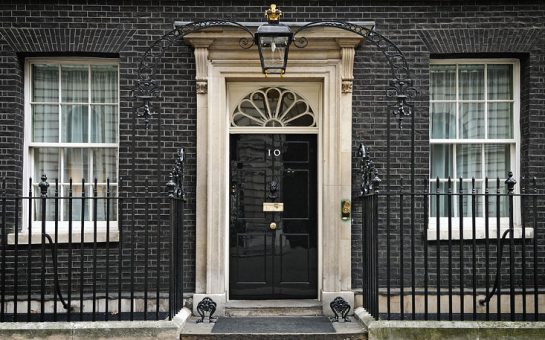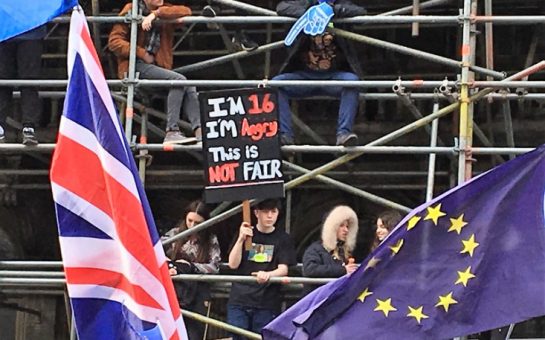A petition has been submitted to Parliament asking the Ministry of Defence to delay a key shipbuilding decision until after Brexit to ensure British firms benefit.
Supporters of no-deal argue voting down the Withdrawal Agreement brokered by Theresa May gives MPs the chance to remove EU competition rules favoured by big business, which arguably hand overseas firms an unfair advantage.
Conservative MP Daniel Kawczynski, of the European Research Group (ERG) of Eurosceptic Tory MPs, said: “It’s evident the Confederation of British Industry (CBI) and business hold much more sway over the government than the armed forces.”
Shipbuilding is a sector that is facing a volatile future because, despite recent successes such as the near completion of the new Queen Elizabeth class aircraft carriers and the polar research vessel David Attenborough, shipyards around the country have closed, or face an uncertain future.
In this mix is the proposed ‘Fleet Solid Support Ship’, which will supply Royal Navy ships with food, water and ammunition around the world.
These vessels do not meet the government’s own definition of ‘complex warships’, despite having weaponry and a crucial role supporting the fleet, meaning under EU rules, British firms are competing with foreign rivals for the contract.
The government has recently won backing from the WTO to remain a member of its Government Procurement Agreement (GPA), a mechanism allowing participants to freely bid for government contracts the others issue.
Within this, the defence procurement exemption is far wider than the EU one, meaning significant government contracts could potentially be awarded exclusively to UK shipbuilders.
Mr Kawczynski said: “If shipyards can see a renaissance from us pulling out properly from EU rules, then that is a significant positive.”
The government argues that its proposed agreement helps protect key supply chains with the EU which are crucial to the defence industry.
Campaign group Veterans for Britain believes the deal, which it claims has been negotiated by the PM’s Brexit advisor Olly Robbins, independently of the Brexit Department, has meant that “EU Defence integration is accelerating during the process of Brexit. The Government’s current withdrawal proposals actually cement UK involvement, despite consent having been provided on the basis that the UK was leaving.”
Rear Admiral Roger Lane-Nott, who commanded a nuclear submarine in the Falklands War, said: “A nation, particularly with the UK’s history, without armed forces is no longer a nation.”
Under current plans, the UK will continue to follow defence policy and abide by rules in this area in order to continue to access funds from the European Defence Fund (EDF).
This €13billion fund is used to fund both existing defence initiatives and future projects across the EU but has strict rules meaning that to qualify this work must be undertaken in an EU state, leading to fears the UK could lose key skills in this area.
Former Head of MI6 Sir Richard Dearlove said in a letter to the Prime Minister: “The ‘deal’ surrenders British national security by subordinating UK defence forces to Military EU control and compromising UK Intelligence capabilities. It puts at risk the fundamental Anglosphere alliances, specifically the vital Five Eyes Alliance and thereby threatens western security.”
In a statement, the Department for International Trade said: “Procurement for defence and security purposes is outside of the scope of the Government Procurement Agreement. We will use the opportunities presented by our exit from the European Union to carefully consider our defence procurement rules in the long term.”
Feature image show RRS Sir David Attenborough, from Wikimedia with thanks.




